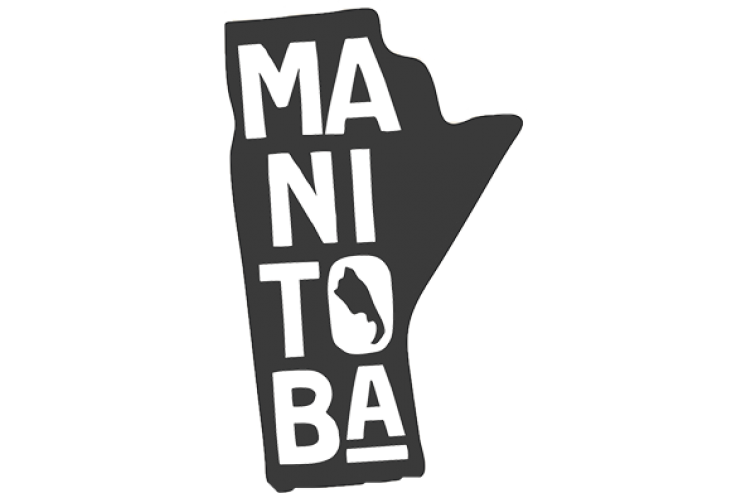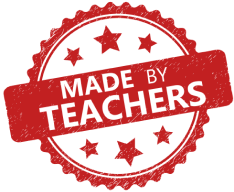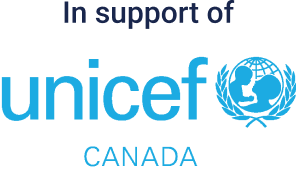Manitoba Grade 9

CLICK HERE FOR CURRICULUM CONNECTIONS, LESSONS AND SUPPORT RESOURCES.
Made by a Grade 9 teacher in Manitoba.
Kids Boost Immunity (KBI) provides educational content (lessons and support materials) developed by teachers and where needed, health experts, that is directly linked to curriculum and is available completely for free. Each lesson is paired with an online quiz that students can take on a laptop, tablet, or phone. Every time a student scores 80% or higher on a quiz, we donate life-saving vaccines to UNICEF Canada. To learn more about KBI, click here.
Click on the overarching curriculum themes below to see the curriculum outcomes that match KBI educational content. The full Grade 9 Manitoba Curriculum Connections document is here.
- Social Studies
-
Curricular outcomes:
Social Studies - Democracy & Governance in Canada
- KC-005 Give examples of ways in which government affects their daily lives. Examples: rights and freedoms, security, laws, education, health care, services…
- KC-007 Describe the responsibilities and processes of the legislative, executive, and judicial branches of the federal government
- KP-044 Describe the division of power and responsibilities of federal, First Nations, provincial, and municipal governments.
- VC-002 Value their democratic responsibilities and rights
- KC-011 Identify ways in which democratic ideals have shaped contemporary Canadian society. Examples: rule of law, equality, diversity, freedom, citizen participation in government…
- KC-012 Assess the advantages and disadvantages of democratic processes in Canada. Include: majority/minority issues
- VC-001 Appreciate democratic ideals in Canadian society.
Social Studies- Canada in the Global Context
- KL-025 Identify on a world map countries in which events of global significance are taking place.
- KG-036 Give examples of decisions that reflect the responsibilities of global citizenship.
- VG-012 Be willing to consider local, national, and global interests in their decisions and actions
- KG-034 Give examples of Canada’s connections with other nations
- KG-038 Give examples of Canada’s participation within international organizations.
- KG-039 Evaluate Canada’s contributions to international aid and development
Applicable KBI lessons:
1. Canada's Three Levels of Government
- Literacy builder worksheet/answer guide
- Lesson worksheet/answers
- Numeracy activity/answers
2. Canada's Interactions with the Global Community
- Lesson worksheet/answers
- Video worksheet/answers
- English Language Arts (ELA)
-
Curricular outcomes:
General Outcome 1
- 1.2 Clarify & Extend
- consider diverse opinions, explore ambiguities, and assess whether new information clarifies understanding
General Outcome 2
- 2.2.2 Connect Self, Texts, and Culture
- Examine how personal experiences, community traditions, and Canadian perspectives are presented in oral, literary, and media texts.
- 2.2.3 Appreciate the Artistry of Texts
- Discuss how word choice and supporting details in oral, literary, and media texts [including books, drama, and oral presentations] affect purpose and audience.
- 2.3.4 Experiment with Language
- Examine creative uses of language in popular culture [including advertisements, magazines, and music]; recognize how figurative language and techniques create a dominant impression, mood, tone, and style.
General Outcome 3
- 3.2.2 Identify Sources
- Obtain information and varied perspectives when inquiring or researching using a range of information sources.
- 3.2.3 Assess Sources
- Evaluate information sources for possible bias using criteria designed for a particular inquiry or research plan.
- 3.2.4 Access Information
- Expand and use a variety of skills [including visual and auditory] to access information and ideas from a variety of sources [including books, on-line catalogues, periodical indices, broadcast guides, film libraries, and electronic databases].
- 3.2.5 Make Sense of Information
- Identify a variety of factors that affect meaning; scan to locate specific information quickly; summarize, report, and record main ideas of extended oral, visual, and written texts [including books].
- 3.3.3 Evaluate Information
- Distinguish between fact and theory and between main and supporting information to evaluate usefulness, relevance, and completeness; address information gaps for particular forms, audiences, and purposes.
General Outcome 5
- 5.2.1 Compare Responses
- Recognize that differing perspectives and unique reactions enrich understanding.
- 5.2.3 Appreciate Diversity
- Reflect on ways in which the choices and motives of individuals encountered in oral, literary, and media texts provide insight into those of self and others; discuss personal participation and responsibilities in a variety of communities.
- Inquiry activities
- Reflect on ways in which the choices and motives of individuals encountered in oral, literary, and media texts provide insight into those of self and others; discuss personal participation and responsibilities in a variety of communities.
Applicable KBI lessons:
1. Critical Thinking & Evaluating Information
- Literacy builder worksheet/answer guide
- Lesson worksheet/answers
- Video worksheet/answers
- Inquiry activities/answer guides
- Numeracy activity/answers
2. Navigating the World of Online (Mis)Information
- 1.2 Clarify & Extend
Curriculum-Related Themes Throughout the Year
- Reflecting on hardships and courage during WWII (November)
-
Applicable KBI lessons:
1. Remembrance Day / Veterans Day / Armistice Day
- Reflecting on leadership qualities that foster kindness (December)
-
Applicable KBI lessons:
1. Christmas in No Man’s Land - Reflecting on Kindness
- Inquiry/creative activities
- Highlighting some key inspirational leaders during Black History Month as well as some experiences of refugees from different parts of the world (February)
-
Applicable KBI lessons:
1. Black History Month
2. Refugee Experiences
- Lesson worksheet/answers
- Inquiry activities
- Celebrating inspiring women in STEM (March)
-
Applicable KBI lessons:
1. International Women's Day - Celebrating Inspiring Women in STEM
- Literacy builder worksheets/answer guides
- Inquiry activities
- Understanding communicable diseases and how they are spread, and learning about immunization. Suggested during flu season, immunization awareness week, and school vaccinations (if applicable)
-
Applicable KBI lessons:
1. Immunization Awareness Week
2. The Spread of Infectious Diseases
3. Scientific Curiosity and Vaccine Discoveries
- Literacy builder worksheets/answer guides
- Inquiry activities
- Indigenous History on Turtle Island - pre-contact, contact, treaties, colonialism, The Indian Act (September and June)
-
Applicable KBI lessons:
1. Life on Turtle Island




